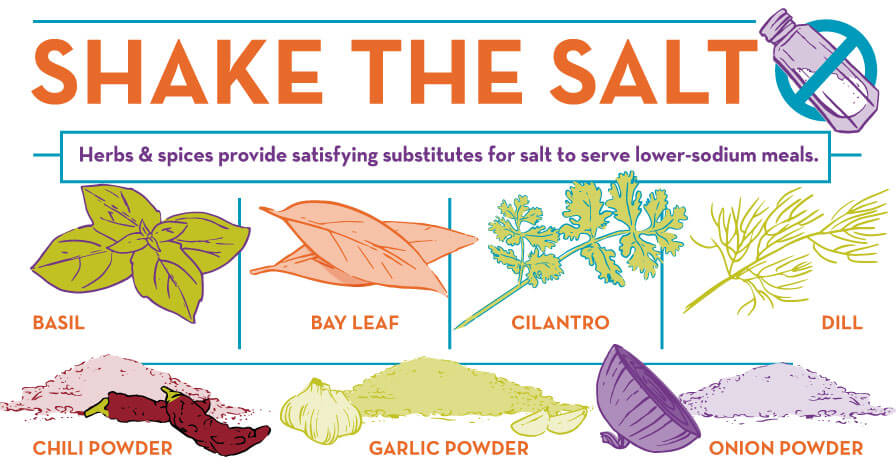High Altitude and Heart Diseases

While traveling to high altitudes can put added stress on the heart, there are key steps you can take to ensure a safe trip. High altitude is defined as anywhere that’s more than 2,500 feet above sea level, where the air is thinner. Since the lungs get less oxygen at high elevations, the heart has to work harder to get oxygen-rich blood to the rest of your body.
The Effects of High Altitude on the Heart
Exactly how your heart will respond to the challenges of high altitude depends on how high you’re going, what you’re going to do there, the state of your heart, and your overall fitness.
High altitudes can cause anyone symptoms like headaches, dizziness, and fatigue. People with existing heart conditions may experience worse symptoms.
Who Should Avoid High Altitudes?
Depending on your pre-existing conditions, travel plans, and overall health, you should plan accordingly when considering a visit to high altitudes. These are some of the conditions that you’ll need to plan for:
- Coronary artery disease. If you’ve had a heart attack, bypass surgery, or angioplasty, and your heart function is good, or you have well-controlled angina, you should be able to handle a high-altitude trip. If you’re planning to ski or hike, make sure you can do similarly strenuous activities at home without experiencing symptoms.
- Heart failure. For people with heart failure, a high-altitude destination poses special challenges. It increases blood levels of stress hormones, which are already high due to heart failure. More stress hormones can cause your blood pressure to rise excessively. That said, heart failure doesn’t mean that you can’t visit high altitudes as long as your condition is stable, you have sufficient left ventricular function, and the ability to exercise.
- Rhythm disorders. Exercising at high altitudes tends to generate premature contractions and other harmless arrhythmias. It’s not known if this translates to sustained trouble.
- High blood pressure. Blood pressure tends to increase at higher altitudes, so you should do your best to get it under control before traveling. Talk to your doctor about a plan for changing your medications if your pressure increases.
- Pulmonary hypertension. High altitude can be dangerous for people with high blood pressure in the blood vessels to and from the lungs, many of whom have to bring their own oxygen when flying. That said, it’s wise to stay below 6,000 feet.
- Congenital heart disease. Defects that cause abnormal blood flow from the right side of the heart to the left can pose problems at high altitudes.
Living at a High Altitude with Heart Disease
If you live at a high altitude and have heart disease or a pre-existing heart condition, there are things you should do to stay healthy. People with heart disease who can walk, jog, or do other physical activities can generally do the same things at a higher altitude, though they may need to take it slower.
Planning a Trip to a High Altitude with a Heart Disease
If you’re planning a trip to a high altitude, it’s best to talk with a travel medicine specialist to see if you’re up for a high altitude trip and if you need to take any precautions. Before you go, here are some things you should do:
- Consider taking an exercise stress test to determine your level of fitness and what’s feasible for your level of health
- Talk to your doctor about any changes that might need to be made to your medications before traveling
- Make sure your blood pressure is stable and under control
- Be aware that heart attacks and other problems can happen even at sea level. Look into travel insurance that can help cover unexpected costs if you experience an emergency while traveling
Take a Health Risk Assessment at Baptist Health
If you’re concerned about your heart health, talk to your doctor about your heart history and any symptoms you may be experiencing. To understand more about your heart health, take a health risk assessment at Baptist Health.
Next Steps and Useful Resources:
What’s the Difference Between a Stroke and a Heart Attack?
Are High Fat Foods Good for Your Heart?
The Surprising Connection Between Depression and Heart Disease and Why It Should Matter to You
The 2 Most Important Things Every Black Patient Should Know About Heart Risk and Heart Care



